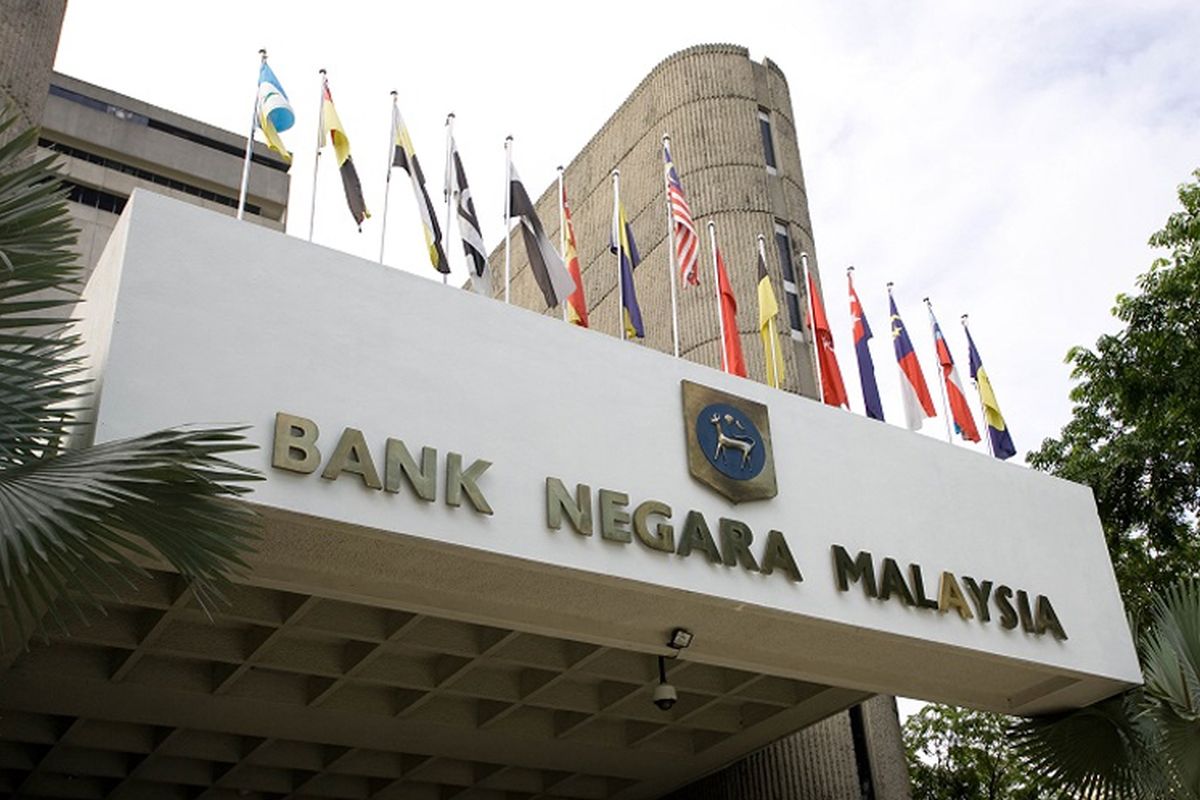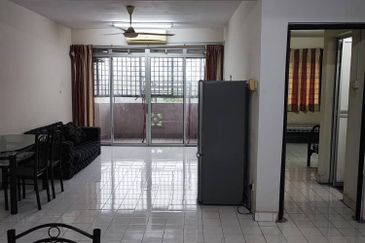
KUALA LUMPUR (May 11): Bank Negara Malaysia’s (BNM) Monetary Policy Committee (MPC) on Wednesday (May 11) increased the overnight policy rate (OPR) by 25 basis points to 2% from a record low of 1.75% as global inflationary pressures have increased sharply and after taking into account that the sustained reopening of global economy and improvement in labour markets continue to support the recovery of economic activity from the impact of Covid-19-driven movement restrictions.
The ceiling and floor rates of the OPR's corridor are correspondingly increased to 2.25% and 1.75% respectively, according to BNM.
"Inflationary pressures have increased sharply due to a rise in commodity prices, strained supply chains and strong demand conditions, particularly in the US.
"For the Malaysian economy, latest indicators show that growth is on a firmer footing, driven by strengthening domestic demand amid sustained export growth," BNM said in a statement.
The OPR at 1.75% is the lowest on record, according to BNM data dating back to 2004 on the central bank's website.
The OPR had been maintained at 1.75% since July 7, 2020, when BNM cut the rate from 2% following the Covid-19 outbreak which began in early 2020.
On Wednesday (May 11, 2022), BNM said in its statement that the sustained reopening of the global economy and improvement in labour market conditions continue to support the recovery of economic activity.
BNM said these factors have partly cushioned the impact of the military conflict in Ukraine and the strict Covid-19 containment measures in China.
As global inflationary pressures have increased sharply due to the rise in commodity prices, strained supply chains and strong demand conditions, particularly in the US, several central banks are expected to adjust their monetary policy settings at a faster pace to reduce inflationary pressures, according to BNM.
"The global growth outlook will continue to be affected by the developments surrounding the conflict in Ukraine, Covid-19, global supply chain conditions, commodity price shocks, and financial market volatility," BNM said.
On the Malaysian economy, BNM said the latest indicators show that the country's economic growth is on a firmer footing, driven by strengthening domestic demand amid sustained export growth.
The labour market is further lifted by a lower unemployment rate, higher labour participation and better income prospects, according to BNM.
"The transition to endemicity on April 1, 2022 would strengthen economic activity, in line with further easing of restrictions and the reopening of international borders. Investment activity and prospects have also improved, underpinned by the realisation of multi-year projects and positive growth outlook.
"However, risks to growth remain, which include a weaker-than-expected global growth, further escalation of geopolitical conflicts, worsening supply chain disruptions, and adverse developments surrounding Covid-19," BNM said.
Malaysia's headline inflation, as measured by the consumer price index, is projected to average between 2.2% and 3.2% in 2022, BNM said.
Given the improvement in economic activity amid lingering cost pressures, the country's underlying inflation, as measured by core inflation, is expected to trend higher to average between 2% and 3% in 2022, according to BNM.
"Nevertheless, upward pressure on prices would be partly contained by existing price controls and the continued spare capacity in the economy.
"The inflation outlook continues to be subject to global commodity price developments, arising mainly from the ongoing military conflict in Ukraine and prolonged supply-related disruptions, as well as domestic policy measures on administered prices," BNM said.
Looking back, BNM said that over the course of the Covid-19 crisis, the OPR was reduced by a cumulative 125 basis points to a historic low of 1.75% to provide support to the Malaysian economy.
BNM said the unprecedented conditions that necessitated such monetary actions have since abated.
"With the domestic [economic] growth on a firmer footing, the MPC decided to begin reducing the degree of monetary accommodation.
"This will be done in a measured and gradual manner, ensuring that monetary policy remains accommodative to support a sustainable economic growth in an environment of price stability," BNM said.
Edited by Chong Jin Hun
Get the latest news @ www.EdgeProp.my
Subscribe to our Telegram channel for the latest stories and updates
TOP PICKS BY EDGEPROP

Apartment Tanjung Puteri Resort
Pasir Gudang, Johor

Seri Mutiara Apartment, Bandar Baru Seri Alam
Masai, Johor

D'Ambience Residences (Ikatan Flora), Bandar Baru Permas Jaya
Permas Jaya/Senibong, Johor






















